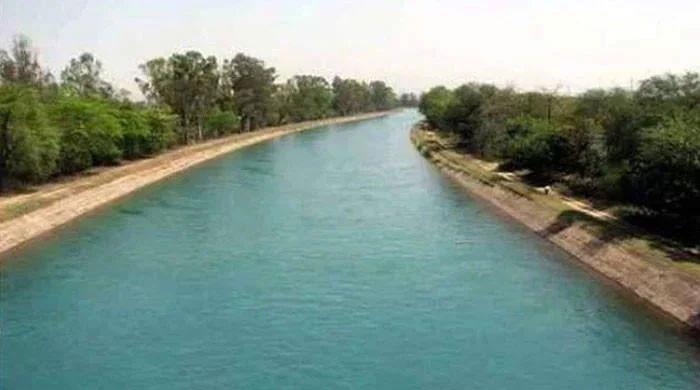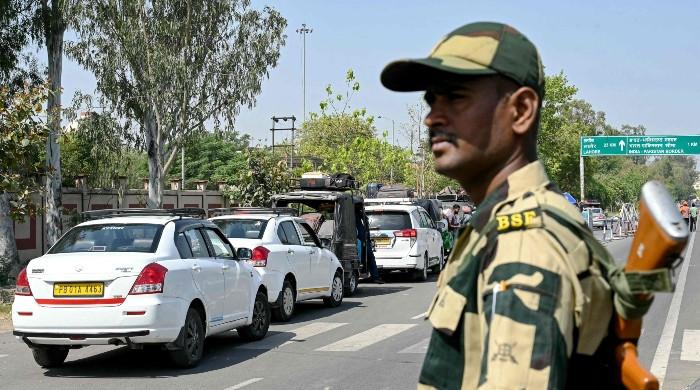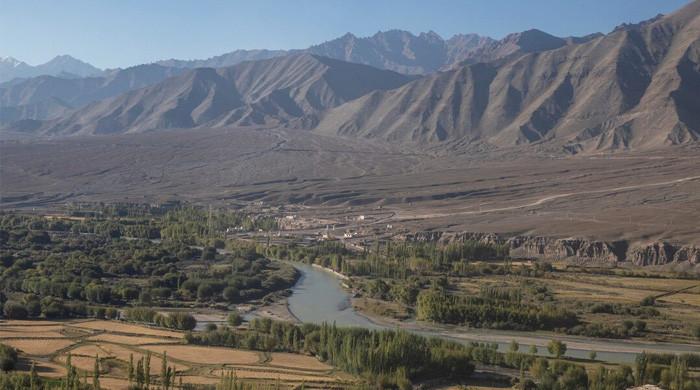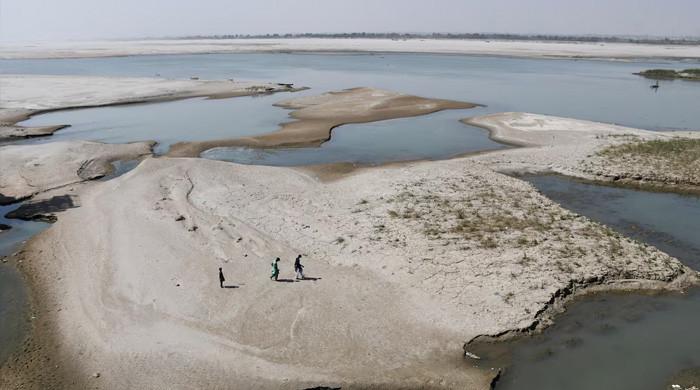Lessons from the BJP’s resounding defeat in the Delhi state elections
Modi's BJP has been handed a humiliating defeat in New Delhi at the hands of the Aam Aadmi Party led by Arvind Kejriwal
February 12, 2020
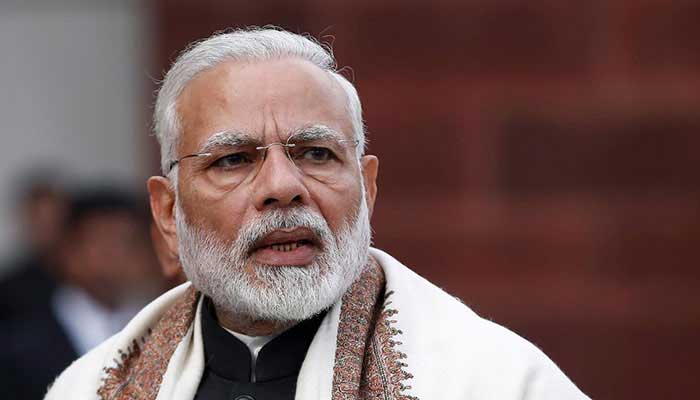
The Bharatiya Janata Party’s (BJP) divisive politics met its Waterloo in the New Delhi state elections, suffering a humiliating defeat as it lost 62 of the total 70 seats to the incumbent Aam Aadmi Party (AAP), as per results announced on Tuesday.
The BJP had already been under pressure before the Delhi elections, losing five state elections in over a year and barely managing to form a coalition government in Haryana.
The BJP was therefore desperate and tried its best in Delhi. Prime Minister Narendra Modi, Home Minister Amit Shah and hardliner Uttar Pradesh Chief Minister Yogi Adityanath addressed multiple rallies, charging AAP leader Arvind Kejriwal of being soft on Pakistan, ridiculing the protestors demonstrating in different places in Delhi over the citizenship laws, calling political opponents names, and hurling threats to maim and murder.
Yet, Delhi’s working-class voters still voted in favour of AAP.
AAP claims that in its five-year term from 2015-2020, it delivered in education, with 90% plus exams result in government schools; provided free medical services an roads; regularised unauthorised colonies; provided cheap water and electricity; free rides for women; and free pilgrimages for senior citizens, etc.
AAP has now additionally promised to install two hundred thousand closed-circuit television (CCTV) cameras for better security and monitoring and doubling tax collection from Delhi from 300 billion Indian rupees to INR 600 billion.
The Modi regime is already under heavy pressure due to an economy struggling with its lowest GDP growth (4.5%) in many years.
Unemployment is at its highest rate in 45 years and bad debts account for nearly 10% of all bank loans.
The Modi government has also been under pressure in global capitals due to its unilateral annexation of Kashmir and human rights violations the, as well as for its handling of protests against its citizenship law.
After the Delhi results, political pundits in India are increasingly worried about Modi’s style of politics, handling of the economy and global fallout of his party's Hindutva agenda.
The working and educated classes in India and the region see hope in AAP’s performance, which is led by a former tax official (Kejriwal).
The Aam Admi Party
AAP had ruled for only 49 days after winning 28 of the 70 Delhi seats in the 2013 elections and forming a minority coalition government with the Indian National Congress.
Elections were next held in 2015 after more than a year of presidential rule, and AAP swept them, winning 67 out of 70 seats.
Now it has held its own in the 2020 elections, winning another five years in the state. AAP launched its party on a slogan against corruption, which has similarities to the PTI next door.
Strong electoral system
One highlight of this election is the strength of the Indian electoral system and performance and management by the Indian Election Commission. Despite very high local and international stakes and the BJP’s desperation, the Commission did not allow any influence to prevail and conducted a free and fair poll.
It has become a hallmark of the Indian democratic system that election after election, polls are held in a reasonably transparent manner and are generally accepted by all participants.
There are lessons to be learned for our political parties from AAP's focus and delivery, and learnings for our election commission on how to hold its own in a tough and polarized election and ensure the sanctity of ballot and respect for the public will.
What next for BJP?
After the dismal show in state elections in the last one year, the BJP’s electoral footprint has now shrunk to less than half of its peak level of 71% in March 2018.
The BJP has some breathing space, as the next major state elections in Bihar are still many months away. However political pundits are now loudly questioning Modi’s leadership style to rule a diverse country. BJP is fast losing state after state and union-governments relations with states led by opposition parties are a big concern.
To Modi’s good luck, the opposition has still not found or rallied around a national opposition leader who can challenge his clout as BJP’s mainstream leader. This appears to be the next big thing to watch out for in Indian politics and a challenge for the Indian National Congress and other mainstream opposition parties.
Modi now goes into a hectic few months of international affairs bruised and battered. United States President Donald Trump will visit India on February 24 and 25, with Modi embarking on a visit to Brussels in mid-March for an EU Summit.
Later in March, the European Parliament will vote on Indian citizenship law. Meanwhile, the plight of Kashmiri people and grave human rights violations in Kashmir will continue to play on conscience of global and regional leaders and the general public.




